Intiative in brief
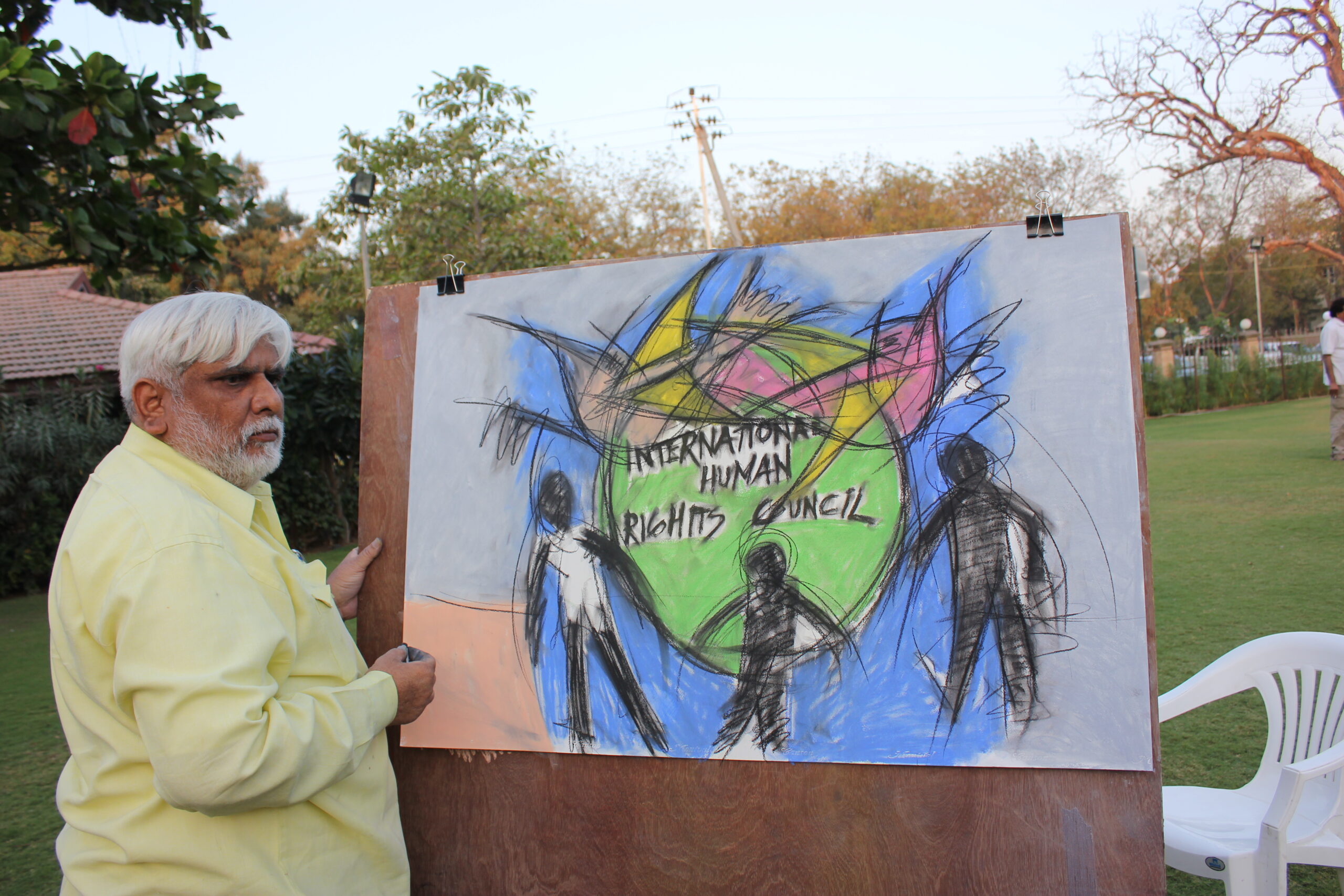
About
International Human Rights Council is one of the world’s leading independent organizations dedicated to defending and protecting human rights. By focusing international attention where human rights are violated, we give voice to the oppressed and hold oppressors accountable for their crimes. Our rigorous, objective investigations and strategic, targeted advocacy build intense pressure for action and raise the cost of human rights abuse. For years, IHRC has worked tenaciously to lay the legal and moral groundwork for deep-rooted change and has fought to bring greater justice and security to people around the world.
How we work
Communications and Publications
IHRC publishes ‘know your rights’ material including books, reports and posters. These publications aim to simplify and make accessible important developments in human rights and law in India.
Researched by our experienced team of lawyers and activists, the publications are a valuable resource for lawyers, activists, judges, academics, researchers, concerned individuals, the media and educational institutions. The books aim to fulfill the widely felt need for single published sources that bring together legal materials relevant to areas of human right law.
Recognizing the limited resources available to lawyers and activists living away from metropolises, IHRC seeks to meet their need for information by publishing and distributing comprehensive material. The books are compilations of important judgments and case law and include analysis of the use of laws and commentaries on the response of the legal system. Selected material is also translated into languages other than English with the aim of dissemination through an effective nationwide distribution mechanism.
Union or Consolidations of Interests
IHRC adopts an internationalist approach. There cannot be human rights in country if they are threatened in neighbouring countries of the region. Further, as rights are indivisible, so are they deeply linked? Child rights cannot be secured without the rights to food, education, shelter, and health being ensured. It is useful to remind those in power about international instruments that lay a basic guideline. Exchanging information through seminars, conferences and meetings enrich the corpus of knowledge and open up possibilities of further legal aid action around certain themes. IHRC is shoulder-to-shoulder with national and international initiatives for peace, rule of law and democracy.
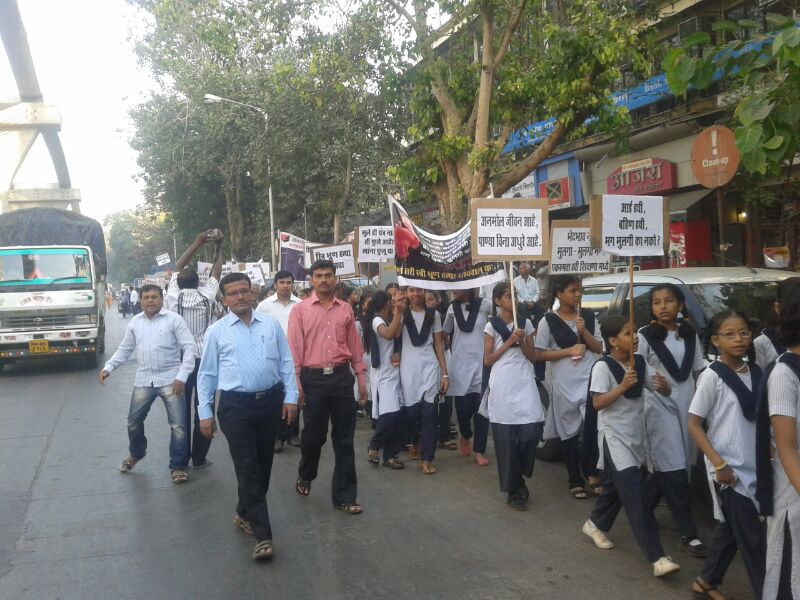
Campaigns
There is today a direct link between the public interest petitions done by IHRC and the campaigns it participates in and convenes. The latter create awareness about the issues, facilitate the dissemination of the orders passed by the courts, and make the process for change participatory. This tells the judiciary that society is concerned about the outcome of the cases, and therefore makes the judiciary more responsive to the needs of civil society. Campaigns form a consultative process through which civil society monitors the progress of a case and the performance of lawyers and provide crucial information and support for the lawyers. The dynamic interplay between the campaigns and litigation provides for a transparent decision-making process in the conduct of the litigation.
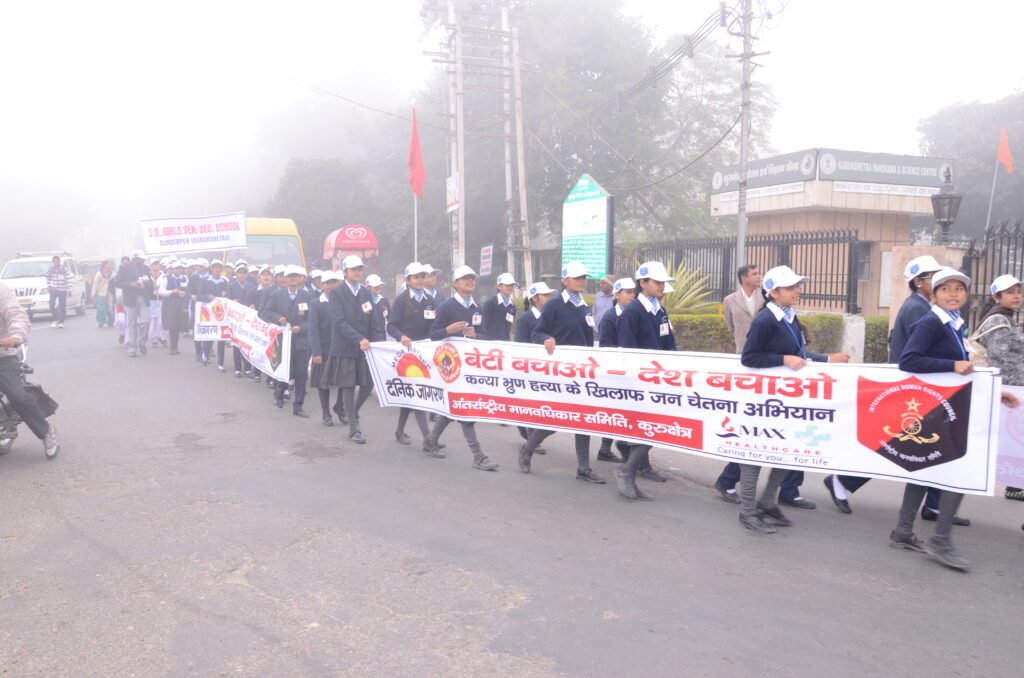
Counseling
In courts, in the media, and in various public and legislative for a, IHRC is a strong advocate for laws and policies that promote and defend human rights. An important part of IHRC work involves advocacy against legislation and policies that undermine human rights. This includes working to increase public awareness through research and dissemination of accurate information on violations and anti-poor policies.
In crucial areas where adequate legislation is lacking or requires amendment, IHRC has been at the forefront of efforts to formulate laws and policies – such as against child sexual abuse, against communal crimes, and for the right to food and work. IHRC Counselling efforts encourage debates and discussions at the local, state, and national levels.
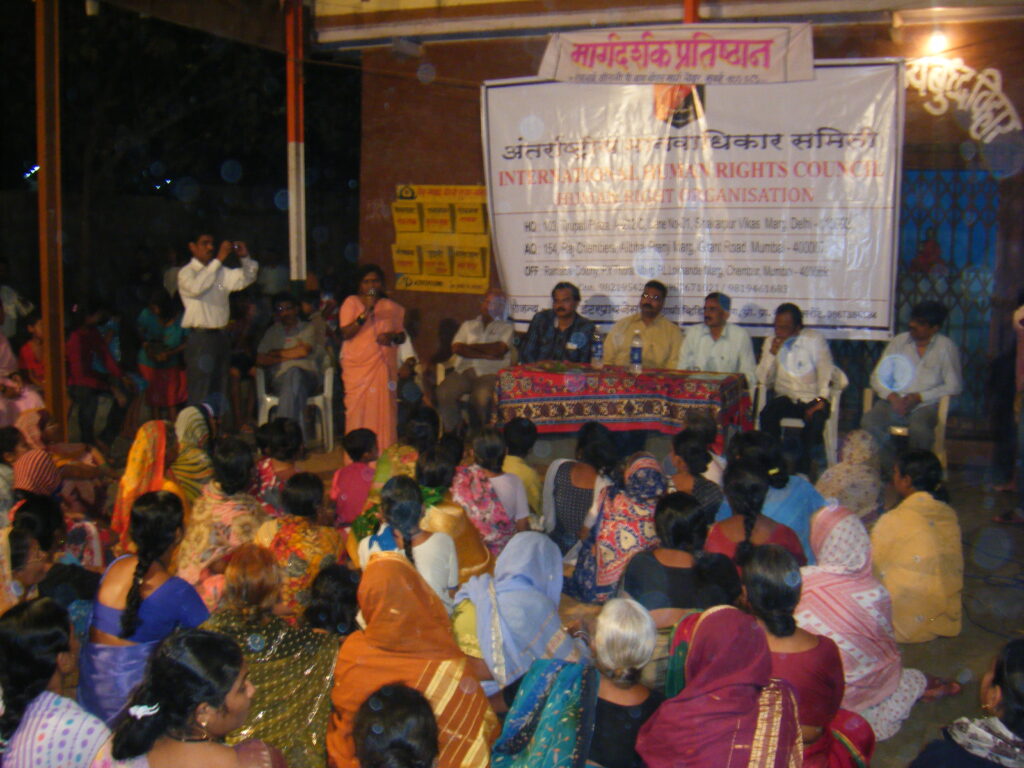
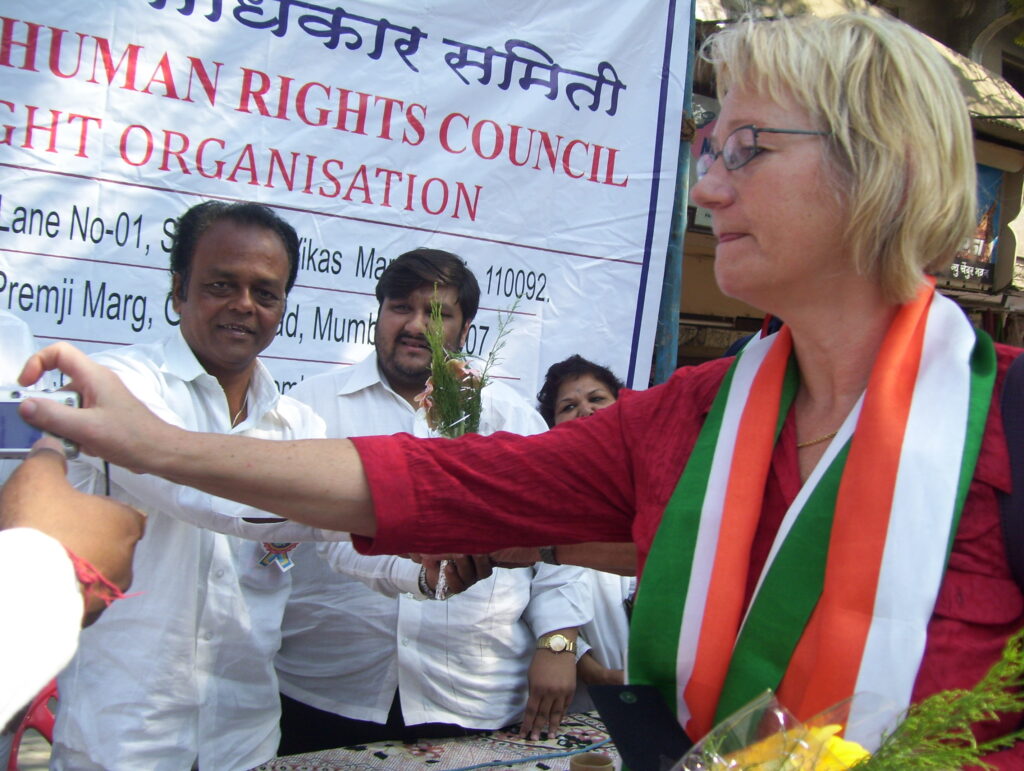
Education
Asserting everyone’s right to access and everyone’s ability to understand the law – we attempt to demystify legal terms, concepts and procedures so that everyone, especially those neglected by the system of justice can find themselves more included. Law can then be the framework for liberation rather than of oppression by the elite. To do this, IHRC, takes legal education as a mission. It continuously campaigns to broad constituencies for better understanding about the law and the judicial system through different channels in the variety of languages, and through material that is focused on its target audience.
IHRC is also part of the campaign to bring human rights law education into the mainstream. The aim is to incorporate international human rights principles into law and in turn influence constitutional law in foreign jurisdictions through the development of innovative and path-breaking case law. In that sense, IHRC sees itself as part of the learning process.
Seminars are organised, with an aim to sensitize them to the problems faced by underprivileged, the disabled, children, women, victims of sexual harassment.
We also foster the formation of community-based legal teams and law collectives nationally to achieve these goals on a larger scale by helping activists’ network with lawyers and by sharing our knowledge and practical experience. As the access to justice movement grows it challenges the privilege of knowledge on which oppression sanctified by institutionalized law is based. People know their rights, they fight for them, and the monopoly over law is shattered to create a more equitable and just society.
Legal Aid and Public Interest Litigation
The nationwide network offers quick response and pro bono expertise to those who have little or no access to the justice system. Lawyers offer legal representation and advice to people who cannot afford legal representation. IHRC is part of the access to justice movement.
Over the past decade, the Channel has made a critical transition from individual litigation in the lower courts to filing public interest petitions in the High Courts and in the Supreme Court. Our experience is that a decisive and professional intervention at the level of the Supreme Court can bring about changes in retrogressive state policies and bring relief to millions.
However, increased litigation in higher courts does not mean that IHRC has in any way reduced its emphasis on individual cases. It is necessary for lawyers and paralegals to simultaneously be engaged in routine work, because it is through such cases that IHRC learns its orientation and retains its compassion. Universal principles are often derived from simple individual cases. This is how young lawyers are trained. A judicious mix of work in the trial courts and class action petitions in the superior courts forms the complement of IHRC legal work.
Broadly, IHRC principle is to never turn away an indigent person, but there remain basic guidelines for litigation. Cases of employers against employees, men against women and landlords against tenants are generally not accepted. Cases of the state against the accused are never taken except in matters of rape and child sexual abuse. While some of the important public interest cases conducted by IHRC are described here, the list is selective and does not include the numerous cases fought daily in district courts, family courts and at various High Courts.
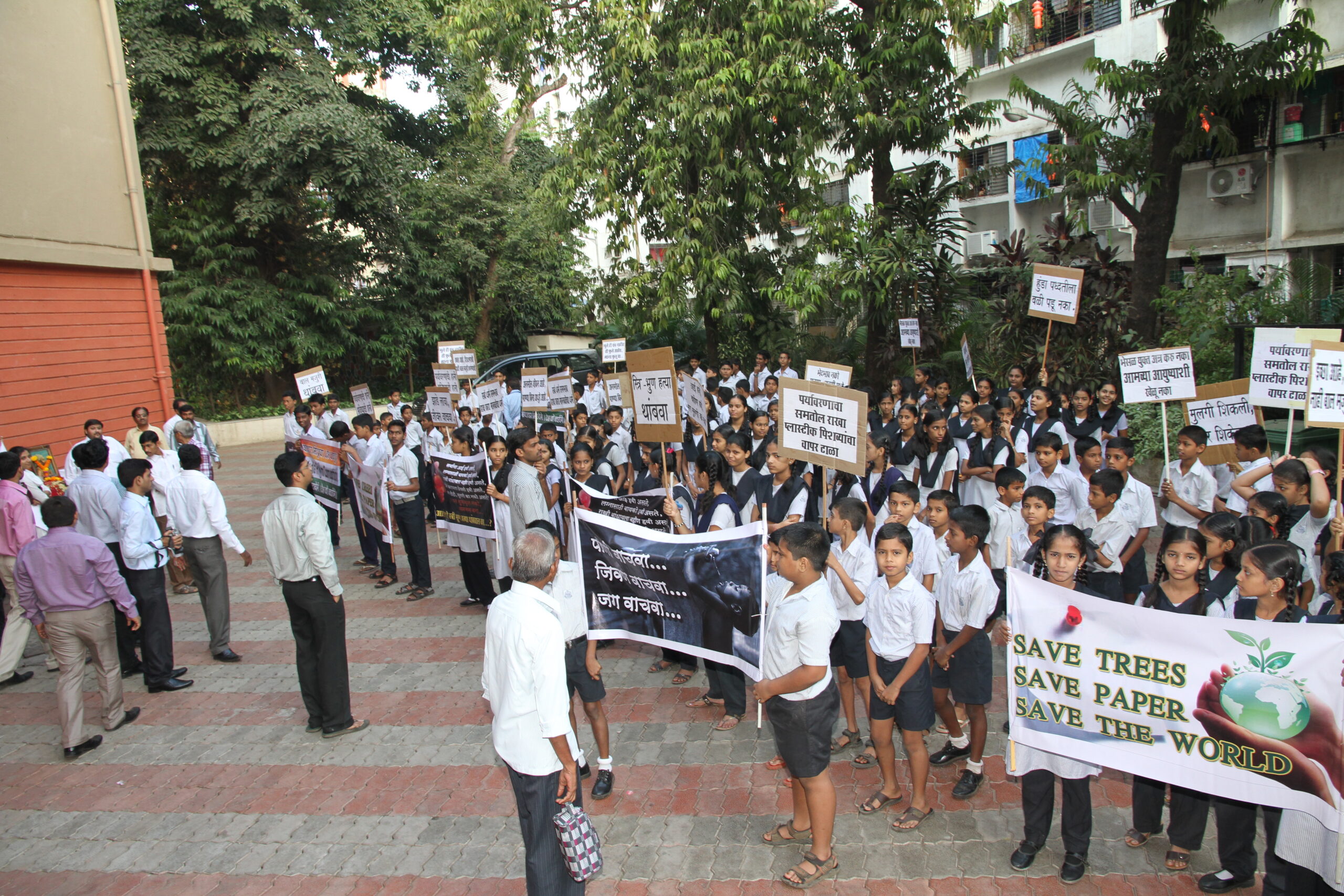
- Be a part of our team; inform people, widen our network, and help us to organize collection camps.
- If you can spare some time, wherever you are you can spread awareness even on the phone/email. Talk to your colleagues, friends, neighbours and relatives about IHRC work.
- Spare a small space in your home/office twice a year (for a week) as a centre for our special collection drives. Better still, can you spare this space as a permanent IHRC collection centre?
Approach the school, college or professional institute that you were/are a part of, for a collection drive and long-term partnership with us.
Following is a list of options for people from all walks of life
Sponsor our camps, events, products and administrative expenditure. Often, we are forced to incur huge costs on short-lived activities like collection camps or 2-3 day events. This becomes a monetary problem for us as IHRC. Is a small organization with limited funds? Even printing a catalogue is a pocket pinching exercise for us. We thus appeal to any individual/organization that would like to help us out. We would be happy to give a line of credit to the sponsor in our promotional material.
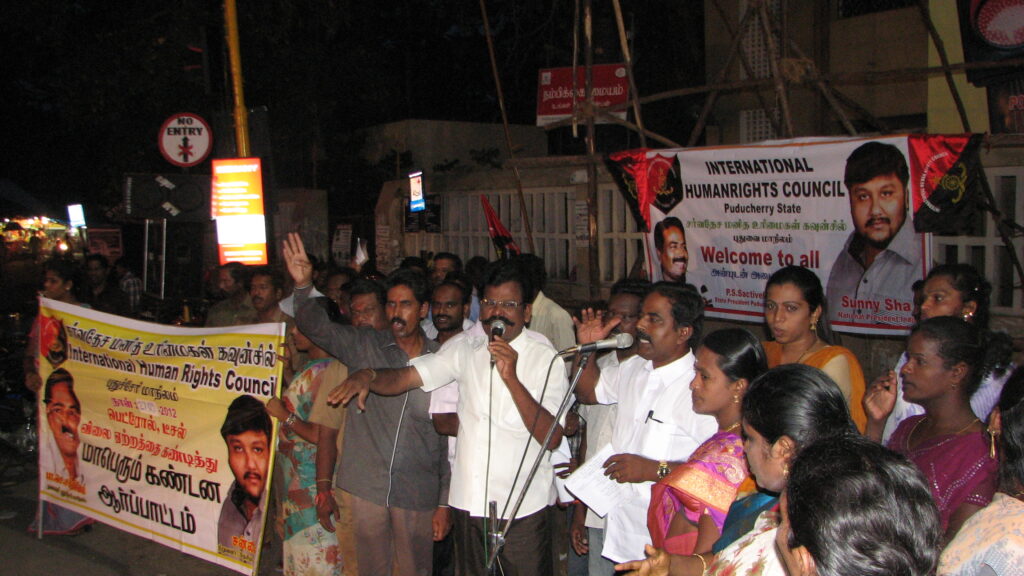
Give us a few of your extra medicines/samples for distribution among those who cannot afford them but need them.

Take out a little time and share your knowledge with us. Guide us in managing our database and strengthening our administrative systems
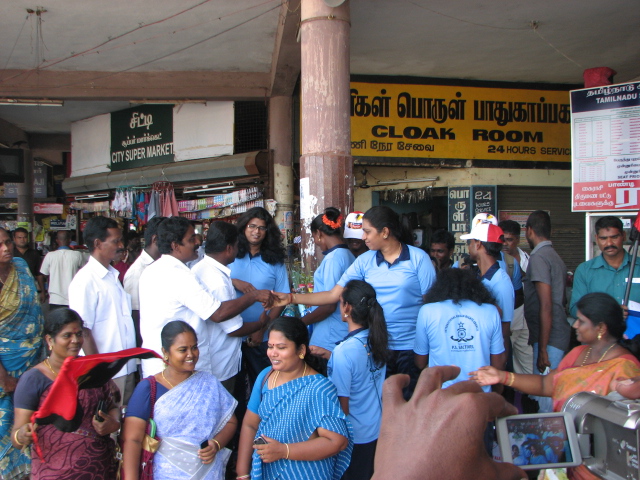
If you are fond of reading, then you must explore our vast medley of second-hand books in all kinds of area and help us raise funds. You can also donate your old books for this purpose.

Travel is an integral part of our work. We travel across the country to meet the beneficiaries, understand their needs and to widen our network. Come forward to sponsor/subsidize this cost.
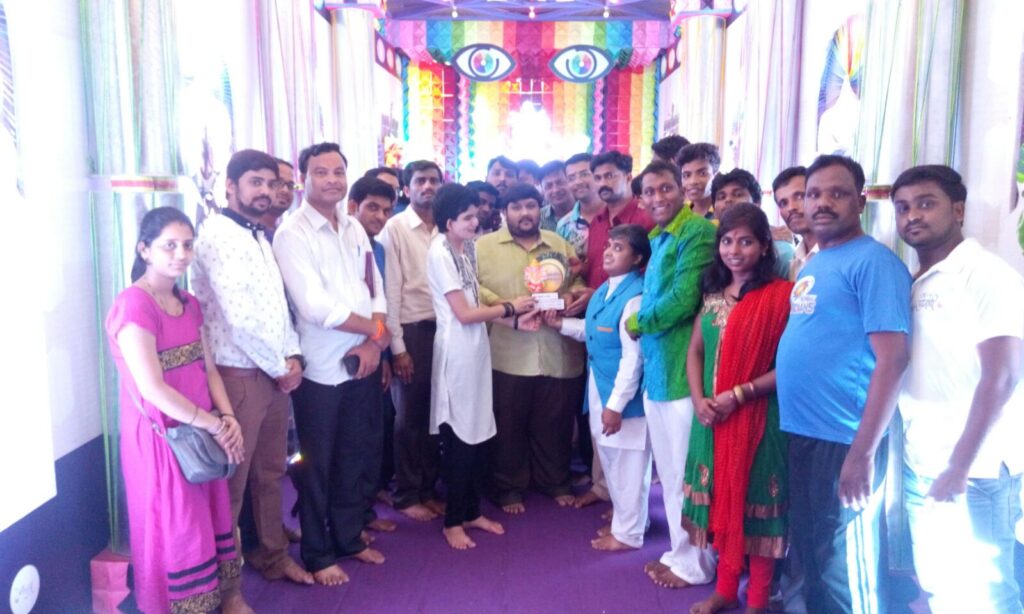
Motivate your employees/colleagues to join in our efforts. Initiate a collection drive in your organization where employees can bring in their unwanted but re-usable material for IHRC. You can also support us financially/sponsor any of our activities. Donate your old newspapers, one-side-used-paper monthly. Support us with new/old office automation equipment like computers, printer Photostat machine & office furniture.
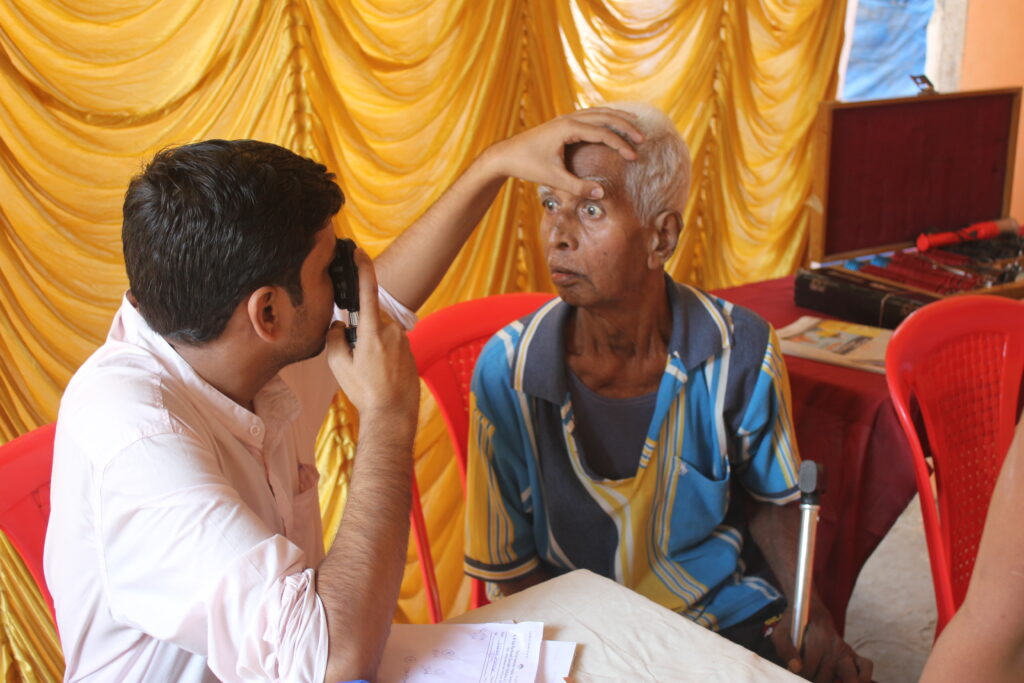
What do you do with your non saleable/surplus material (for e.g. cloth, garments, footwear, stationary, toys, books, utensils, furniture etc.)? Instead of throwing it away, you can give it to IHRC. We re-use and re-distribute this or based on your permission, sell it to raise funds. This creates an environmental-friendly and socially responsible channel for the disposal of your wastage. Financial contributions (big/small) are also welcome to help spread the impact of our initiatives to a larger area.

Help us to reach people in need of support across the country. Join us as partner. In the last 2 years this group has grown to over 100 agencies in 8 different states.

Transportation of material to various parts of the country is always a logistical problem. It would be of great help to us if you could reduce our burden a little bit by helping us reach some of these places for distribution of material. The way Self-express / Tran solutions have come forward to transport material free of cost to 3 states.
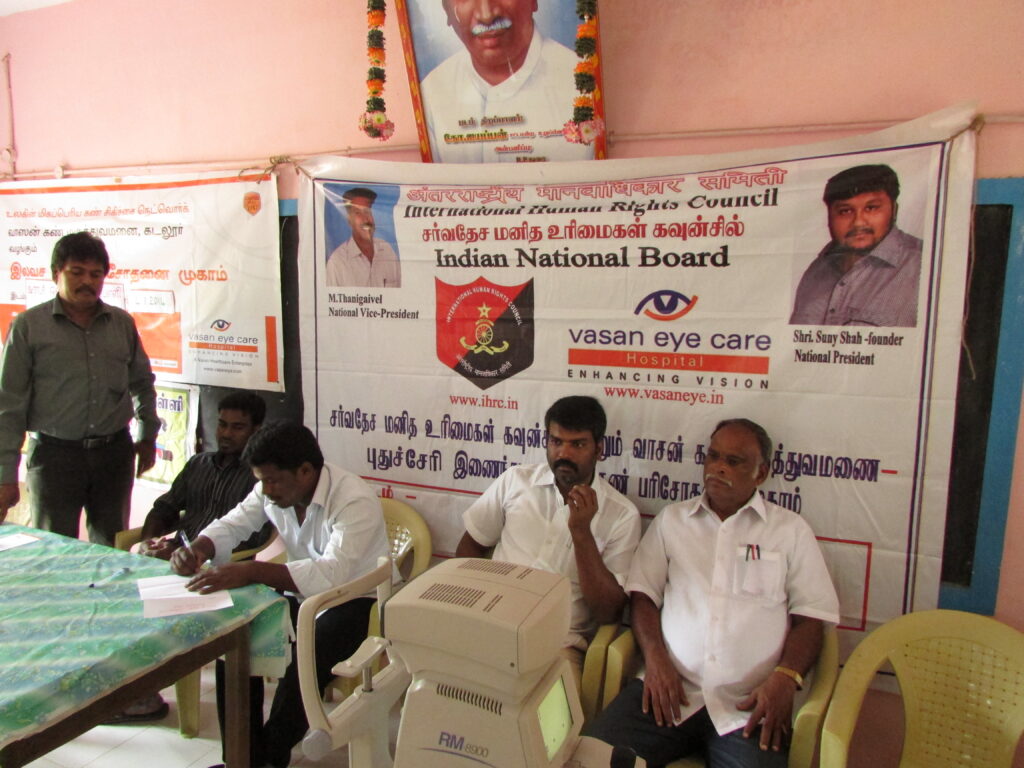
We are in constant need of packaging material to dispatch large quantities of utility items. You can solve this perpetual problem by giving us your old/used gunny bags and cartons.
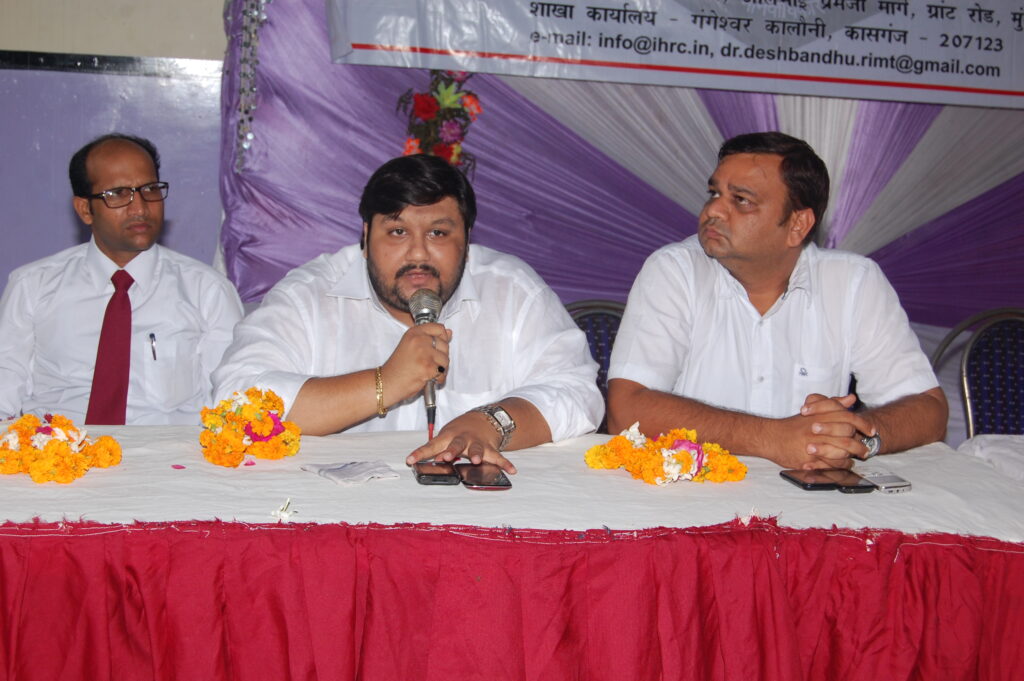
Theatre is a powerful medium of generating awareness and stimulating thought on important issues. You can facilitate an out-reach program using your theatrical skills to sensitize the public about our work (through street-plays etc.).

Joining us as a volunteer for all the above-mentioned activities.
Organizing a collection drive at your work and residential area.
Joining us on weekends for our regular collection camps.
Arranging funds for this movement.
“Your generous support empowers our mission to make a lasting impact in our community”
As a high activity public area, Bank premises are convenient and safe spaces for collection of material and a good forum to create awareness about our activities.
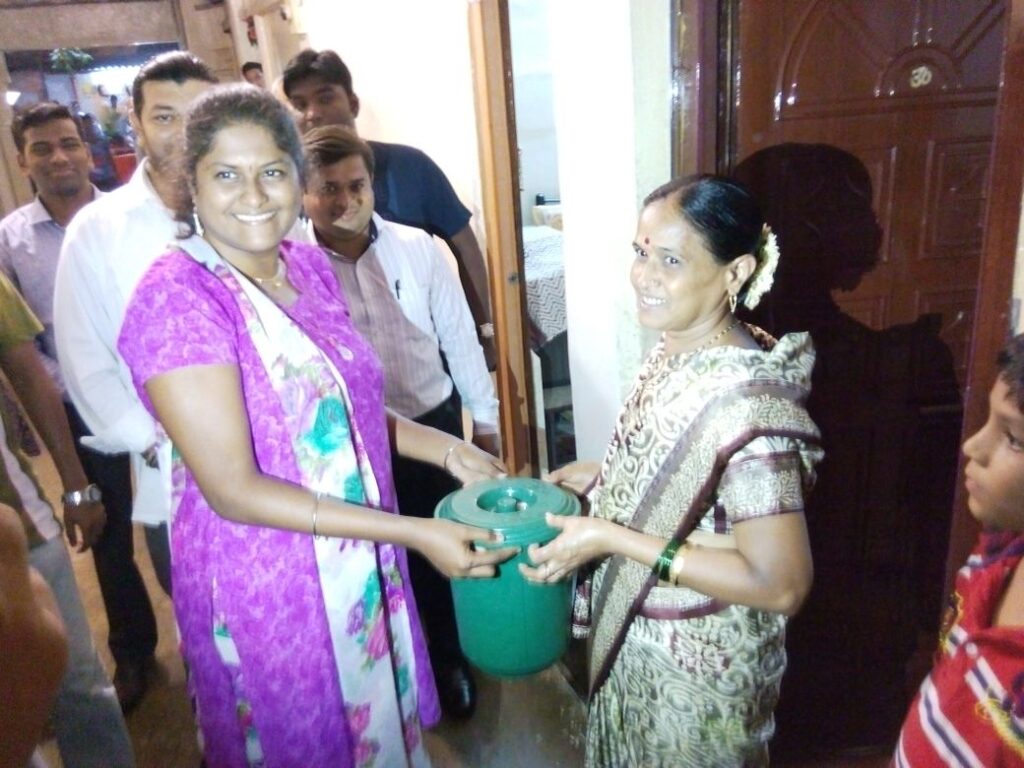
Educational institutions have always been a great forum to initiate collection drives, especially for SCHOOL to SCHOOL and RAHAT. A chance to talk to your students to sensitize and motivate them will go a long way in supporting education in rural schools.

Support us monetarily for any of our initiatives like Health, Education, Children Women Welfare, Not Just a Piece of Cloth and help us widen our spread.

Like many R.W.A.s working with us, you can also organize regular collection drives in your area of administration. You can also organize monthly newspaper collection drive in your colony.

For a greater impact, reaching out to the right people is a must; you can help us here simply by accessing your network !
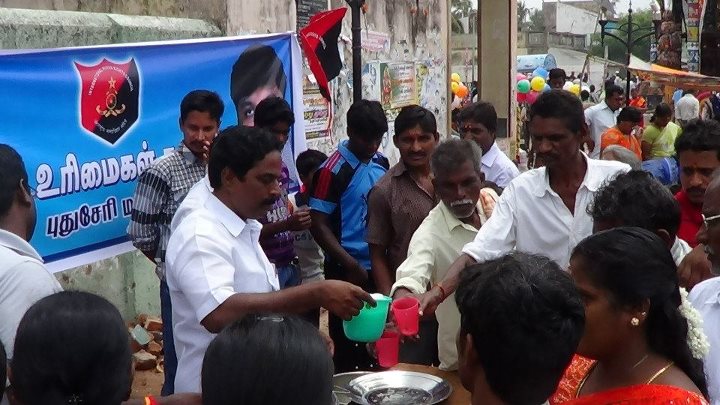
Use IHRC products developed from waste paper – various kinds of writing pads of one-side-used-paper and carry bags made from newspapers & magazines, which provide a suitable alternative to hazardous polyethene.
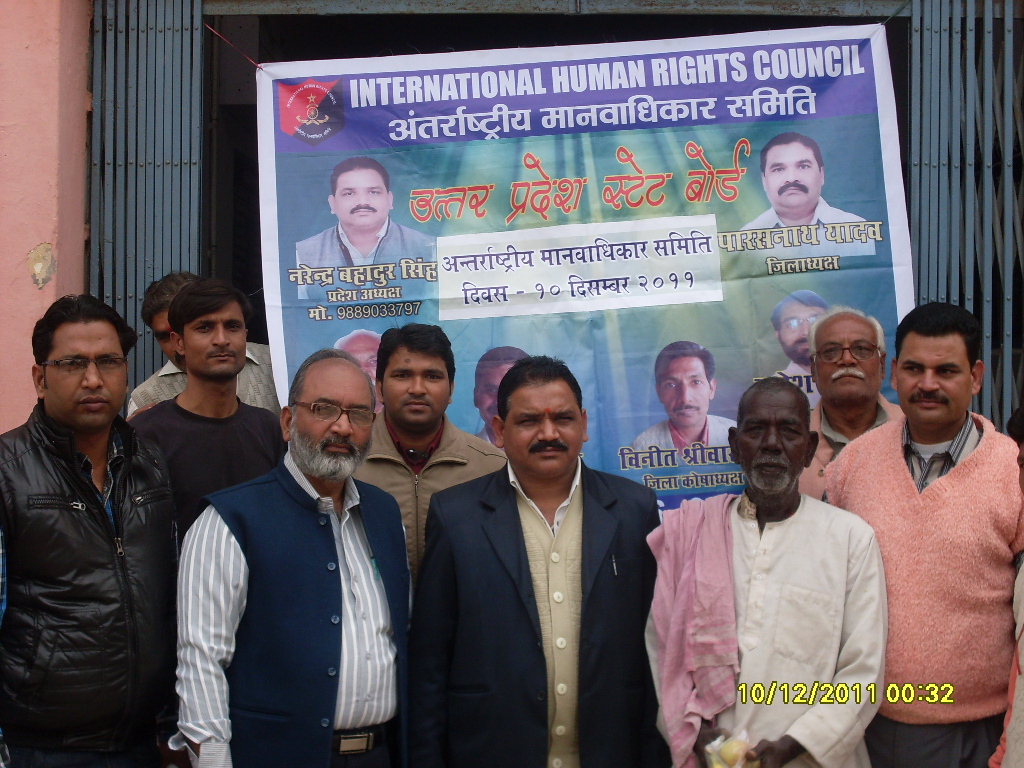
Join us by using paper/cloth or jute bags, made by us instead of polythene
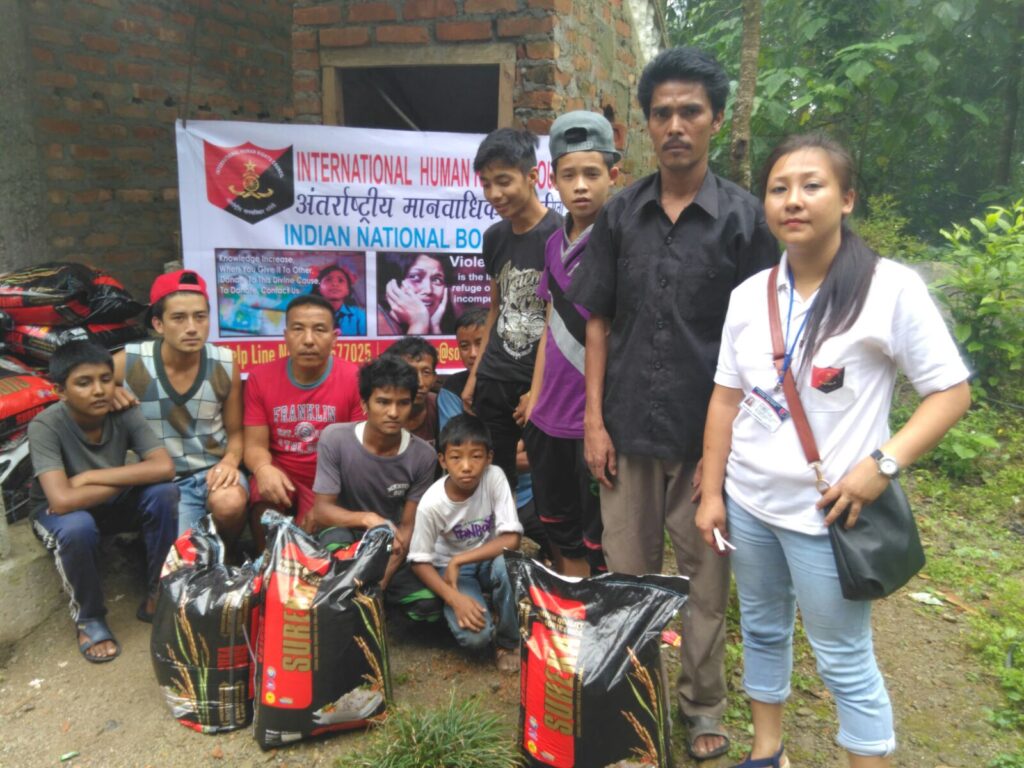
Sponsoring certain activities.
Donating whatever material you can.
Motivating people to provide Infrastructural Support: Office & Storage Space in your place.
Giving us a forum to create awareness among your colleagues/management or other acquaintances.
